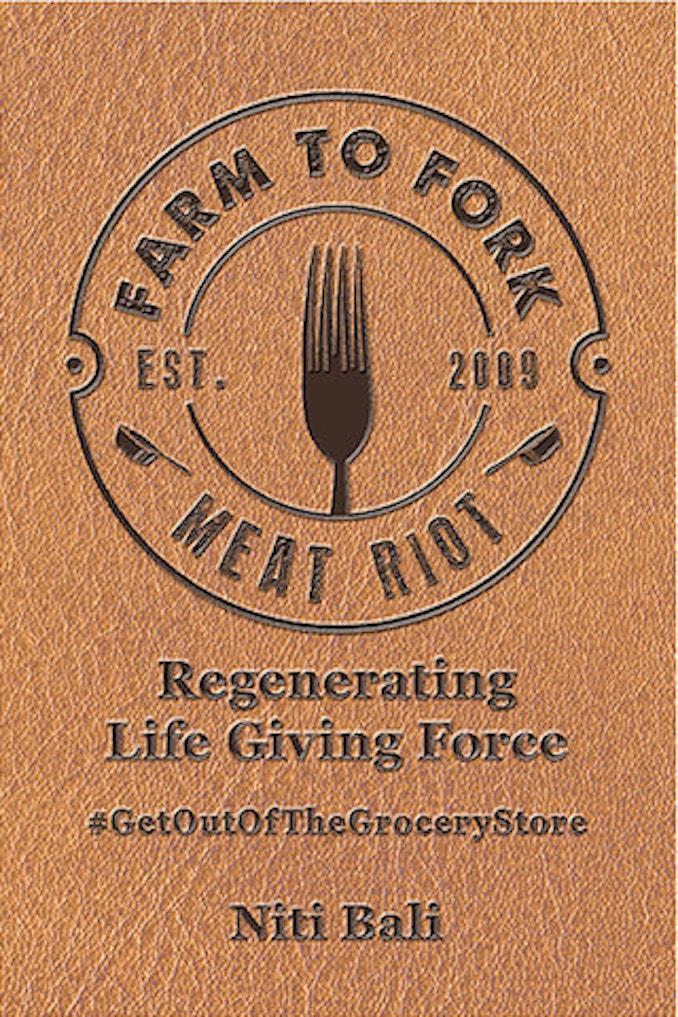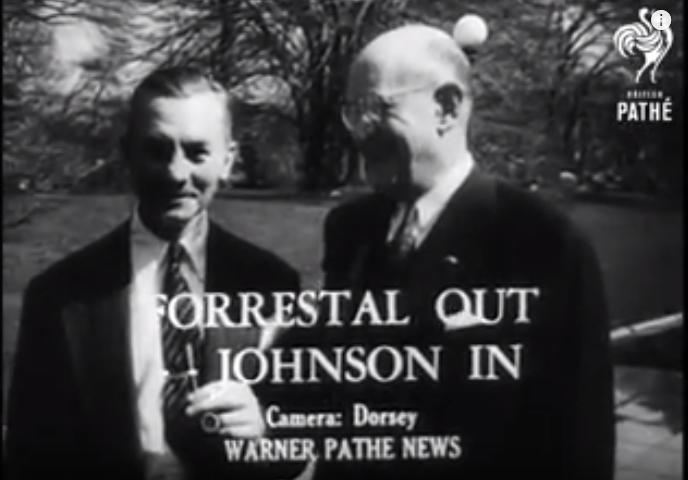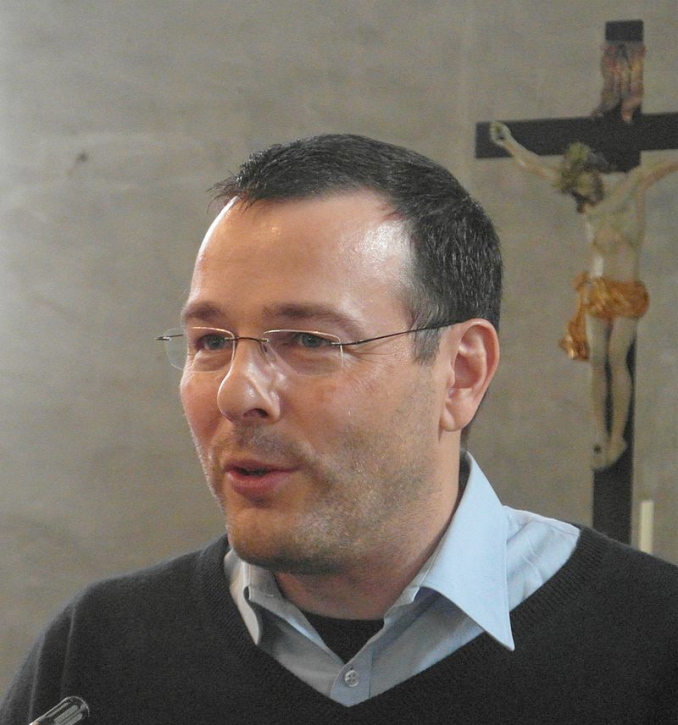“There is always something to do. There are hungry people to feed, naked people to clothe, sick people to comfort and make well. And while I don’t expect you to save the world I do think it’s not asking too much for you to love those with whom you sleep, share the happiness of those whom you call friend, engage those among you who are visionary and remove from your life those who offer you depression, despair and disrespect.” ~ Nikki Giovanni
Note from CAF: We are truly at a fork in the road. We can accept multiple forms of poisoning from the industrial food and medical systems, or we can assert intellectual mastery of what it takes to be healthy and then take responsibility to implement our diet and lives from there. Please don’t tell me it cannot be done. It can. Niti Bali’s life and work prove that. If this is a war, mothers are the Marines and Navy Seals. Again and again, it is the mothers whose children have been damaged or killed by what I call “the great poisoning” who are leading the way. Making this change takes time and requires inspiration—but the results are gratifying. The more of us who do it, the easier it becomes for all of us. If you could use some inspiration, check out Niti Bali’s book or listen to Pete’s interview with her on the Solari Report Food Series (links below).
By Pete Kennedy
With the increasing danger that hospitals and our Covid-centric medical system have posed over the past year and a half, it is critical that everyone take control over their own health as much as possible. Maintaining an optimal diet is essential for that to happen. In Farm to Fork Meat Riot, Niti Bali provides a blueprint for true health, one forged from her own family’s experience with allopathic medicine.
In 2007, Niti’s two-year-old daughter Meenakshi (Meena) was diagnosed with an esthesioneuroblastoma, a rare type of cancer affecting the nasal cavity. Niti states in the book, “The few children that were ever diagnosed with this before all died within 24 hours of presenting.” Meena wound up spending five months in Duke Children’s Hospital undergoing five rounds of chemotherapy, a treatment Niti now calls human torture therapy. Each chemo treatment that doctors poured into her heart was equal to more than half the blood in Meena’s body. Niti recalls that during the five months when she, her daughter, and her husband Rohit lived at the hospital, each of the 40 rooms on the hematology-oncology (HemOnc) floor where Meena stayed turned over three times; none of those children are still alive.
Meena’s health insurance policy had a lifetime maximum of $3 million; the hospital went through that in three months, forcing the Bali family to file for Medicare. When Meena first checked into the hospital, the family had to fill out Medicare and Medicaid applications as part of their “welcome packet.”
Seeing that the medical system was failing their daughter, Niti and Rohit removed Meena from the hospital, with Niti embarking on a holistic mission to find the healthiest foods from local farms – inspecting each farm herself before buying anything from it. She stopped all allopathic treatments and threw out all foods and household products she considered toxic. Although she was able to cure her daughter’s cancer with the foods she obtained from the farms, and testing showed the tumor was necrotic, the damage to Meena from the chemo was too great. Meena passed away in September 2009.
Niti’s search for healthy farm foods centered on regenerative meat – pasture-based meats that heal the land by producing soil and capturing carbon from the atmosphere. To access the quality she wanted, she had to educate both farmers and consumers on the benefits of regenerative agriculture; food producers wouldn’t engage in this type of farming unless they knew the market for it was there. The book contains a report card on livestock farm standards that serves as a valuable guide for those seeking out quality meat. To receive her highest grade, her requirements for meat and poultry operations include no grain supplementation; no vaccines, dewormers, or antibiotics; no artificial amendments for the soil; and no tilling of the land.
Niti is militant about only seeking the healthiest food. She believes that there is only real food or poison; there is no “80/20” rule. Her message is to take full control of your lives, purchase high-integrity food, and know your farmers. Eat animals that are healthier than you are; quality matters, because you gain the health or sickness of whatever you eat. Niti also challenges readers to purchase all their food directly from farms during growing season; don’t buy any food with a barcode. Finally, she advises people not to think of real food in terms of cost and a budget. There are long-term savings related to supplements, medication, and less participation in the conventional medical system. Eating real food leads to becoming satiated more easily on less as well.
Niti’s success in educating consumers about the health benefits of regenerative meat and other nutrient-dense foods led to the formation of a CSA (a community-supported agriculture group) that has been operating for the past 12 years. However, making claims about the health benefits of foods that members could obtain through the CSA led to scrutiny from the North Carolina Department of Agriculture, USDA, and FDA. In the past, FDA has taken enforcement action against firms making health claims, alleging violations of a federal statute for failure to file a “new drug” application. This unwanted attention from the regulatory agencies led Niti to establish a 501(c)(3) food church called Farm to Fork Meat Riot, moving her CSA under the non-profit. As she explains it, “I realized that churches could talk about anything they believed. Leading the congregation in the teachings of your ‘food religion’ is also not considered ‘making claims’ or operating as a ‘practitioner.’ ‘Religion’ in my reference for the purposes of the Food Church, is the definition of the word ‘a cause, principle, or system of beliefs held to with ardor and faith.’ So, I created my Farm to Fork Meat Riot ‘religion’ with this in mind.” Just to protect itself, the nonprofit does have a legal disclaimer on medical advice.
Niti’s desire is for similar food churches to grow in local communities across the country. A big step toward facilitating this development would be for the courts to recognize that there is a legal distinction between the public and private distribution of food. Her goals for her own food church are building community and health by including activities such as cooking classes, homeschool and “unschool” camps and workshops, workshops on food freedom and health independence, a butchery, a regenerative cafe, a general store, on-farm classes, and media on regenerative food.
Farm to Fork Meat Riot is a timely read that is convincing on why it is important for all of us to create as much separation as possible from the conventional medical and industrial food systems and the cheap-food-high-healthcare-cost paradigm that has plagued the country for many decades. Taking individual responsibility proactively for our health through obtaining the highest quality food – no matter the inconvenience – is a major takeaway from the book; so, too, is the importance of establishing a strong local food community of both producers and eaters. These are key steps toward establishing resilience against the corporatocracy that is trying to control all people and property.
Those interested in purchasing Farm to Fork Meat Riot can order it here. Highly recommended.
Bali, Niti. (2019). Farm to Fork Meat Riot: Regenerating Life Giving Force. Raleigh, NC: Baliwood Media.
Related Solari Reports










Does the book include a resource listing of current CSA’s or direct sellers of regenerative foods?
Research Eat Wild for a list of local meat producers and farmers markets in the state that you live. http://eatwild.com
Thank you for this response, Sue Thomas. While it doesn’t answer if a resource list is provided in the book, it provides me with an alternate way to gain the information. I will study and review this site and see if I can find a resource close to where I live. Thanks again! –Joan DuNard
Just ordered the book. We already participate locally with Weston A Price Foundation via local raw milk and herd share operation but can’t wait to do even more. Cheers!